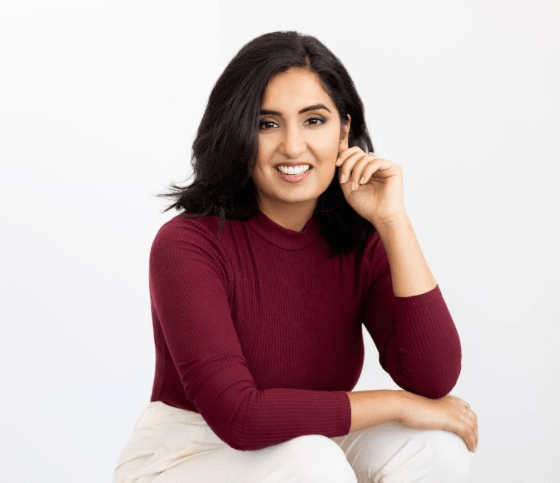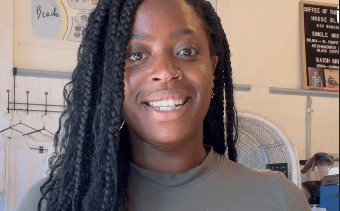Daizy Maan, an Indian-Australian trailblazer, has emerged as a prominent voice advocating for diversity and inclusion in Australia’s change-making landscape.
With a background in managing startup entrepreneurship initiatives at prestigious institutions like the Melbourne Accelerator Program at the University of Melbourne and SPARK Deakin at Deakin University, Maan, 30, brings a wealth of experience to her mission.

However, Maan’s journey was not without its challenges. Reflecting on her career, she highlights the pervasive lack of diverse perspectives in decision-making circles.
“I’m here with a bunch of people who mean well, but have no actual lived experience of the things that they seek to solve in the world,” she said.
In many instances, Maan found herself as the lone Indian woman in rooms where critical decisions were being made.
It was a transformative trip to London in October 2019 that served as a catalyst for Maan’s advocacy efforts. Witnessing a vibrant community of South Asian creatives, artists, founders, and activists thriving in a bottom-up approach, Maan was struck by the absence of a similar community in Australia.
Determined to fill this void, she founded the Australian South Asian Centre (ASAC), a non-profit organisation dedicated to empowering ambitious South Asian women with financial independence.
For Maan, ASAC represents more than just an organisation; it’s a platform for amplifying voices that have long been overlooked.
“I saw a thriving community of South Asian creatives, artists, founders, activists, and it was not government-led, top-down, but rather bottom-up, and I was like, ‘Wow, we have nothing like this in Australia,'” she said.
Through ASAC, Maan aims to facilitate conversations that are not only about professional spheres but also about the cultural nuances and challenges faced by South Asian women in Australia.
Maan envisions a future where these conversations become more intersectional, where diverse women are given the opportunity to speak in their languages and engage with their communities.
“For that gap to be bridged, more diverse women need to be talking about this in their languages, in communities, and be platformed,” she said.
As Maan continues to champion the cause of diversity and inclusion, her journey serves as an inspiration for women from all walks of life.
Through her leadership and advocacy, she is paving the way for a more equitable and inclusive future for South Asian women in Australia.
This article is featured as part of Back Cover News’ Migrant Women in Business Series, coinciding with International Women’s Day 2024.

